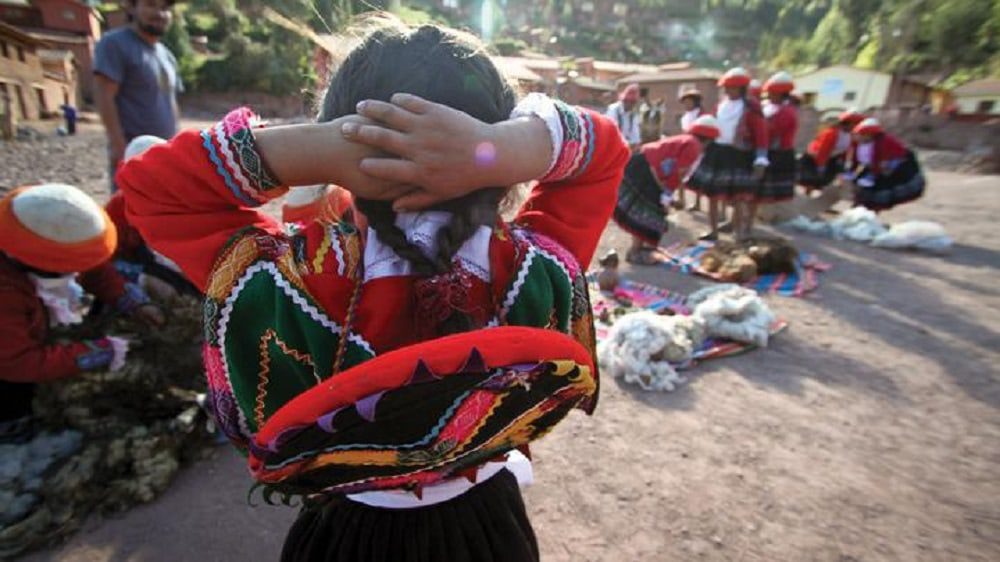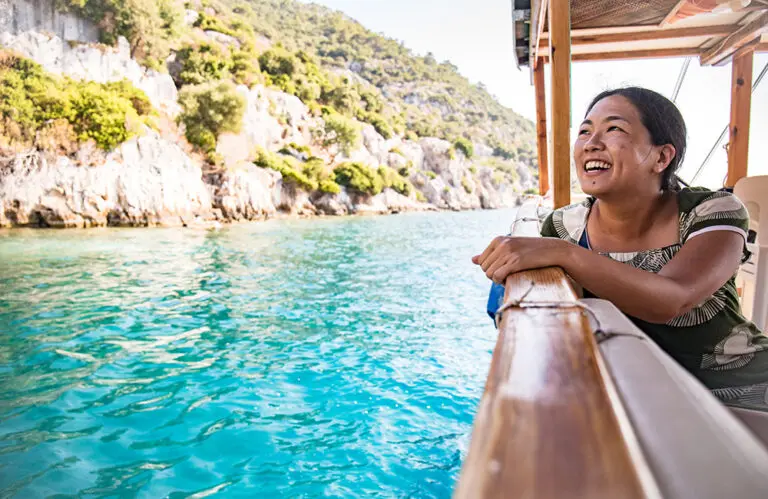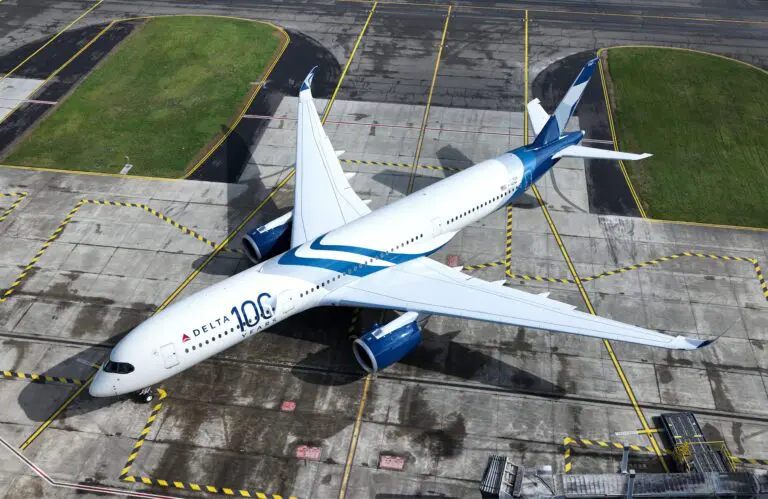G Adventures is looking out for young people around the world with a new set of good practice guidelines aimed at protecting children impacted by the tourism industry.
The new child welfare resource for tourism companies is the result of a collaboration between the small group adventure operator, its non-profit partner Planeterra and Friends International’s ChildSafe Movement.
The Child Welfare guidelines seek to educate the industry and consumers on how to responsibly interact with children when travelling. That includes taking pictures respectfully, not disrupting children’s education, and understanding how to give gifts and donations in a manner that doesn’t promote begging.
Entitled Child Welfare and the Travel Industry: Global Good Practice Guidelines, the publication features the expertise and insights of a range of contributors including the United Nations Children’s Fund (UNICEF).
UNICEF’s Senior Advisor Children’s Rights and Business Beth Verhey described them as an “essential, practical resource”.
“Travel and tourism is globally one of the most significant sectors economically, and was highlighted in three of the UN’s Sustainable Development Goals,” she said.
“To achieve the sustainability potential of the sector, a concerted effort by industry bodies and individual companies is needed to understand how children are affected – both positively and negatively – by their business operations and value chains.”
Beth Verhey, UNICEF Senior Advisor Children’s Rights & Business
G Adventures and Planeterra confirmed the new guidelines reflect their own internal efforts to safeguard children.
“We have swept all our digital assets and owned channels to ensure all our media complies, and we’ve removed all school classroom visits from our itineraries,” Vice President of Social Enterprise and Responsible Travel Jamie Sweeting said.
“We’re next about to embark on an internal training program with all staff, with the goal of becoming ChildSafe Certified by the end of the year.”
Jamie Sweeting, Planeterra Vice President of Social Enterprise and Responsible Travel
It launched a simplified, branded version of these guidelines to the travel industry on Friday, urging other companies to adopt them. A global consumer-facing campaign will follow in November.
G’s Australian head of sales Ingrid Kocijan told KarryOn the guidelines build on the operator’s commitment to responsible travel. They also tackle a need within the industry for more information on the topic.
“We found there was a lack of clear, evidence-based guidelines for the industry as a whole around common yet harmful practices that could be adopted by tour operators, hotels, travel agencies, travel companies, or non-profit organisations in the tourism industry,” she said.
“There are many interactions with children that weren’t being addressed, including photographing children, using images of children in marketing and advertising, visiting schools, offering gifts and so on. Even if well intentioned, these activities can have long-term detrimental effects.”
Ingrid Kocijan, G Adventures director of sales Australia & New Zealand
The guidelines will form the basis of G’s new child welfare policy which will be unveiled and rolled out across its business and tours later this year.
“Our child welfare policy will be communicated directly to the agents and travellers throughout the entire customer and agent journey,” Kocijan explained.
The new guidelines represent the latest in a series of responsible travel roadmaps from G Adventures, following those on animal welfare and responsible travel with Indigenous people which launched in 2015 and 2017 respectively.
They are also the latest in a series of efforts to ensure tourism does not harm vulnerable children which have seen orphanage tourism become a particular focus.
Here is a snapshot of some of the do’s and don’ts which are laid out in the guidelines:
DO
Do treat and communicate with children and young people with respect – just like you would at home
Do ask permission before taking pictures. Do not take pictures if people are clearly uncomfortable or if it does not respect their rights and privacy
Do be aware that how you use and share photographs of children should be protective of their rights and privacy
Do raise concerns or suspicions you have regarding the welfare of children to your tour operator or to the local authorities. Do not confront the person you are suspicious about and never question the child involved
Do donate to reputable child-friendly organisations instead of donating directly to children, their families or children centres
DON’T
Don’t encourage close attachments with individual children – your visit is temporary, and you cannot maintain contact beyond the visit
Don’t give money or offer gifts to children. If providing a gift is appropriate, it should be given to parents/caregivers in a public setting or through a reputable organisation with prior agreement about what is needed. “Gifts” such as candy, or other wasteful items, or items brought from home, are not encouraged
Don’t give to children (including children with an adult) who are begging, as it keeps them out of school and encourages an increase in begging at the destination
Don’t ask children to pose for photographs for money, food, or gifts
READ: Virgin & SAA come to the rescue of 3 Ugandan children
READ: Marriott’s pledge to support children’s education
READ: Cyclists raise thousands for children’s foundations












